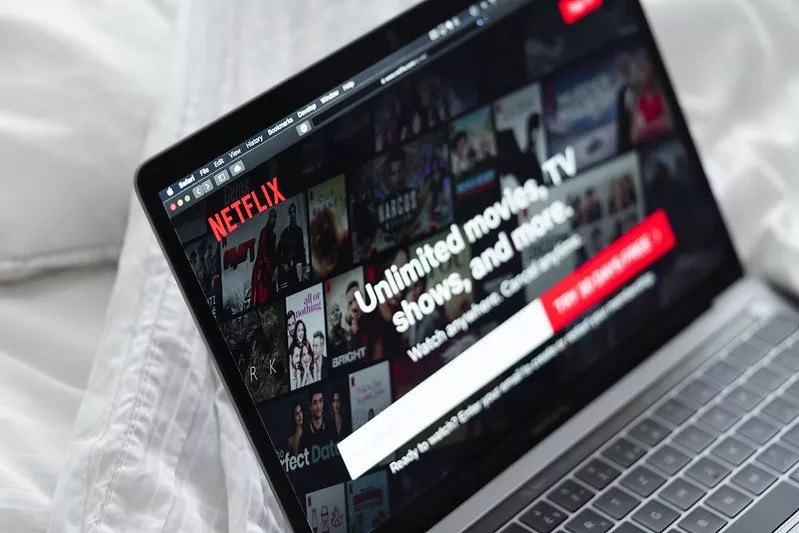

Audio By Carbonatix
Netflix has lost the latest round in an ongoing tax battle with the State of Colorado.
For the last decade, Netflix has been arguing that Colorado cannot tax streaming subscriptions because those subscriptions cannot be physically touched. However, the Colorado Court of Appeals overrode previous court decisions in Netflix’s favor, arguing that “absurd results” would occur if physical touch were required for items to be subject to sales tax.
In his decision, issued July 3, Judge Matthew Grove chastised Netflix for a Black Mirror-like approach that doesn’t accept
“nearly a century of historical practice.”
“It is a reality of modern life that substantial amounts of goods previously existing only in a form susceptible to touch are now routinely and increasingly sold in digital form – photographs, music, television shows, movies, newspapers, magazines, and educational content, to name just a few,” he wrote in his decision. “Casting aside nearly a century of historical practice simply because technological advancements have altered the specific form of delivery – while leaving the product itself largely unchanged – is a step that we are not willing to take.”
Judges Craig Welling and Sueanna Johnson joined Grove in the opinion after the trio heard oral arguments in June.
The case originated in 2023, when Netflix sued the Colorado Department of Revenue and its executive director after trying and failing to get a refund on taxes the streaming giant had paid in 2021.
But the history between Netflix and Colorado began a decade earlier, when Netflix asked the DOR to exempt the streaming arm of the company from taxes because streaming subscriptions are not tangible. The DOR instead audited the company and found Netflix owed Colorado $8.5 million in taxes, penalties and interest.
After Netflix protested that finding, the DOR agreed to relent and handle the matter through a rulemaking process rather than punitive enforcement. Years later, in 2021, the Colorado state legislature passed a law expanding the definition of taxable tangible personal property to include digital property.
According to the 2021 legislative updates, the method of delivery does not alter whether something is taxable. The rule specifically cites internet streaming as a method that can be used to deliver tangible personal property, calling out monthly subscription fees as an example.
Netflix was paying state sales taxes at that point, but still requested a refund before suing in Denver District Court in 2023 after being denied the refund. The district court sided with Netflix in April 2024, which led the DOR to appeal the lawsuit to the state Court of Appeals, which determined the district court’s ruling incorrect.
The streaming giant has argued that because lawmakers updated state taxes without putting it to a vote, the change violates Colorado’s Taxpayer’s Bill of Rights (TABOR), and that the legislative change conflicted with the original state tax statute written in 1935 – that argument is based on the Emergency Retail Sales Tax Act of 1935, which still largely governs sales tax in Colorado today. The act says Colorado will tax “the purchase price paid or charged upon all sales and purchases of tangible personal property at retail”, adding that tangible personal property is corporeal property, or consisting of a material body.
Because the law says the word “tangible,” Netflix argued a product must be able to be literally touched to be taxed. The DOR’s case, argued by the Colorado Attorney General’s office, contended that tangible personal property includes things that are perceptible to senses other than just touch.
“We agree with the DOR’s interpretation,” Grove wrote in his ruling. “The images and sounds that a Netflix subscription permits customers to view and hear physically exist because subscribers can perceive them with their eyes and ears; they are not abstractions. A Netflix subscription must therefore be corporeal.”
Grove added that though the original sales tax statute was passed before the advent of digital technology, the DOR has treated other digital goods the way the department wants to treat Netflix subscriptions. Items like e-books, PDFs, digital newspapers, digital photographs and online reports have all been subject to Colorado sales taxes, the judge adds.
The case is now back at the district level for re-evaluation.